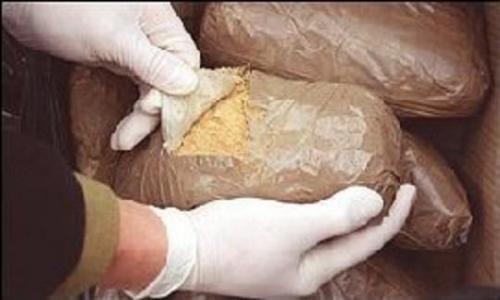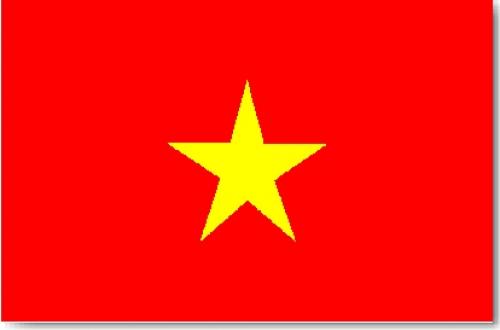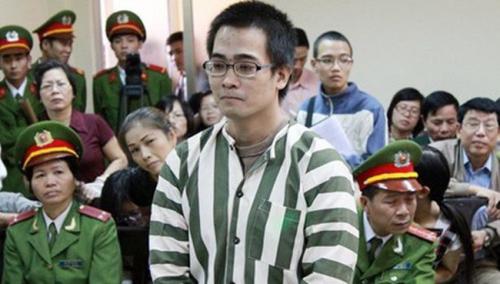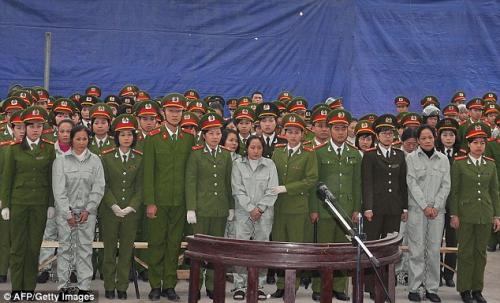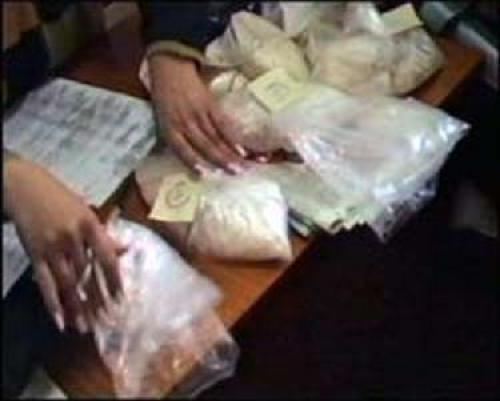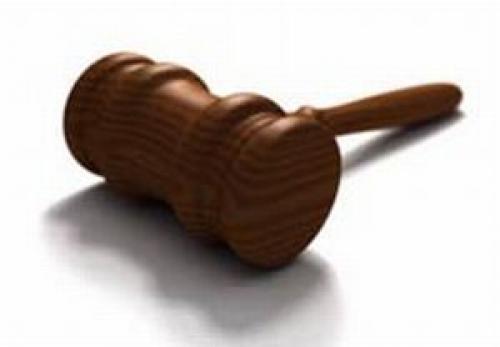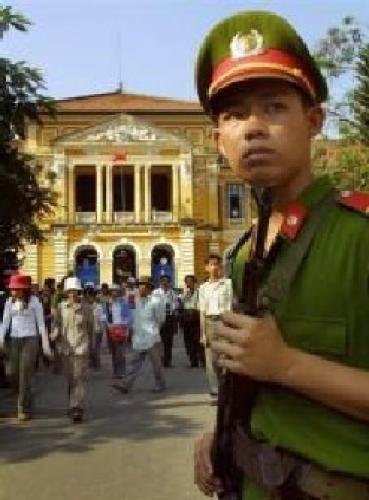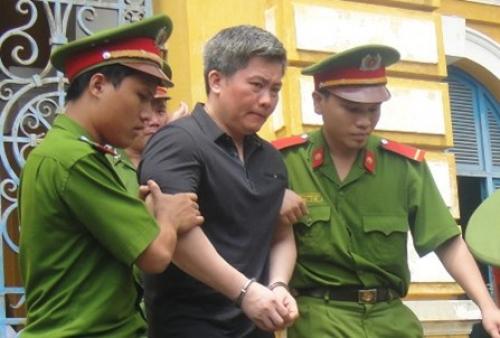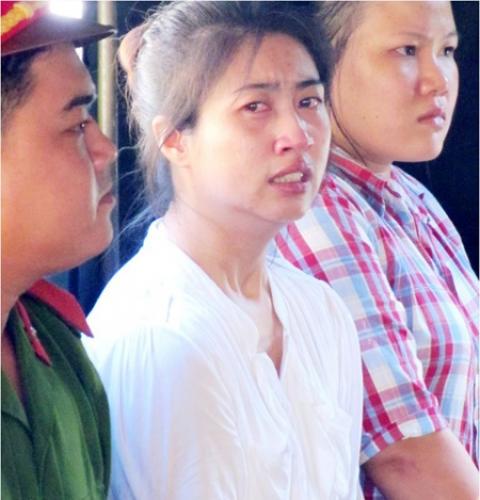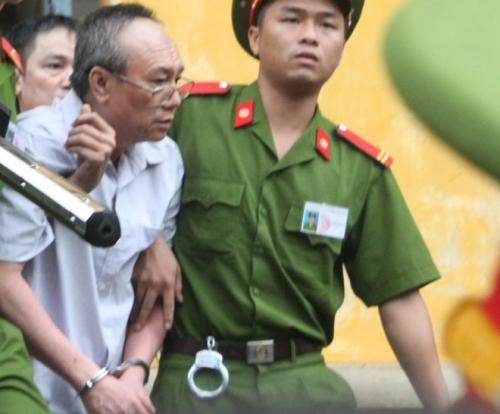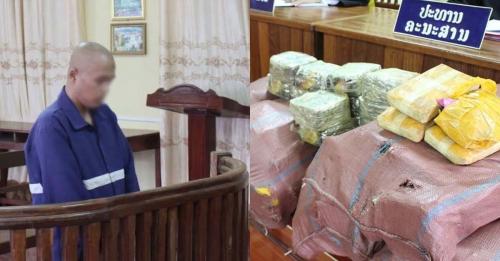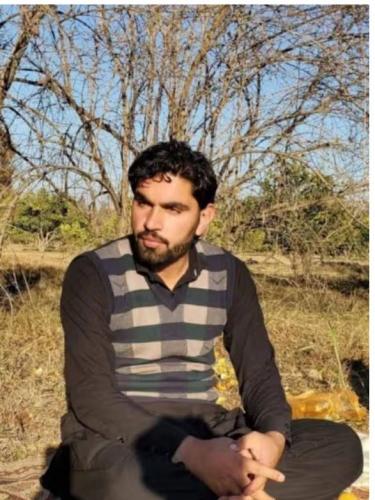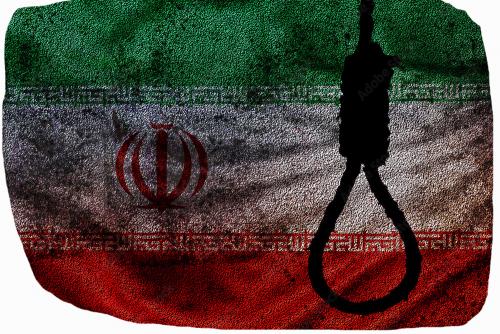government: Communist state
state of civil and political rights: Not free
constitution: 15 April 1992
legal system: based on communist precepts and French codes
legislative system: unicameral National Assembly (Quoc-Hoi)
judicial system: Supreme People's Court, chief justice is elected for a five-year term by the National Assembly on the recommendation of the president
religion: Buddhist 9.3%, Catholic 6.7%, none 80.8%
death row: 700 (31/12/2014)
year of last executions: 0-0-0
death sentences: 70
executions: 3
international treaties on human rights and the death penalty:International Covenant on Civil and Political Rights
Convention on the Rights of the Child
situation:
Vietnam reduced the number of death penalty crimes from 44 to 29 in 1999. In January 2010, a law came into effect eliminating the death penalty for eight other crimes, but even with the latest amendments the Country still has 21 crimes on its statutes that are punishable by death.
Capital punishment exists for crimes such as murder, armed robbery, drug trafficking, sexual abuse of children, production and trade of harmful food, foodstuffs and medicines. Seven political acts perceived as “threats against national security” carry the death penalty as a maximum sentence.
The definition of “national security” crimes is extremely broad, and the United Nations has frequently expressed concern that critics in Vietnam may be sentenced to death under these provisions simply for the peaceful exercise of the right to free expression. The UN Working Group on Arbitrary Detention particularly urged Vietnam to revise Article 79 on “activities aimed at overthrowing the people’s administration,” which makes no distinction between violent acts such as terrorism, and the peaceful exercise of freedom of expression. None of these political offences were included in the proposed reforms for abolition of death penalty sentences under discussion in Vietnam.
After the reform in 2010, the death penalty will no longer be considered in punishing the following crimes: rape; fraud for appropriating property; smuggling; making and trafficking counterfeit money and bonds; illegal use of narcotics; giving bribes; hijacking; destroying military weapons. The Parliament removed the illegal use of drugs from the list of crimes punishable by death, but deputies maintained capital punishment for drug trafficking.
Those already under sentence of death for offences that are no longer capital crimes will have their sentences commuted to life imprisonment.
To defuse criticism by Western governments and international human rights organizations on its use of the death penalty, in 2003 Vietnam classified death penalty statistics as “state secrets”. On January 5, 2004, the government even made it an offence to report information on the death penalty. Before this decision, the head of the People’s Supreme Court showed the number of death sentences handed down by courts nationwide in an annual report to the National Assembly, which was broadcast live on national television.
Under Vietnamese law, once an appeal for clemency has been turned down, the state is obliged to carry out the death sentence as soon as possible. But prisoners condemned to death are usually kept on death row for at least a year before being executed.
Defendants are seldom able to choose their lawyers, who in turn have very little access to their clients. According to an expert cited by the US State Department more than 95 percent of people brought to trial are found guilty. In rural Vietnam, people are sometimes tried by 'mobile' courts. The proceedings are presided over by local justice officials and often take place outdoors. These trials are criticized by international human rights groups which say defendants do not receive a fair trial.
Conditions on death row are particularly inhumane. Three to four prisoners are detained in each cell. The cells are extremely unhygienic, with one latrine bucket and no ventilation. Prisoners are not allowed to leave their cells except to receive visits, which are extremely rare. Their legs are chained to a long pole, and they are generally lined up in order of execution – the first to be executed being nearest the door. Occasionally, for “humanitarian reasons,” prisoners are allowed to change places in the line.
Executions take place at 4.00 a.m. As prisoners are not informed in advance of their execution date, they stay awake in fear of being called, only sleeping at 6.00 am when they know their turn has not come. The procedure involved in executions is described in the official Police Review (Cong An) as follows: Condemned criminals are taken before dawn to a desolate site, read the court’s verdict, offered a bowl of noodle soup and a cigarette, and allowed to write a last letter home. Then they are tied to a wooden pole, gagged with a lemon and blindfolded, and shot by five policemen. The commander then fires a last “humane shot” into the convict’s ear. According to reports in the official press, many policemen suffer trauma after working as “executioners”.
Relatives are not informed beforehand, but are asked to collect the belongings of the executed two to three days after their death. Under current practice, bodies of executed criminals are held for three years before being released to families for funerals, although photos in the official press show graves dug alongside execution fields which suggest that the bodies of executed prisoners are not always returned to their families.
Extrajudicial executions also take place in Vietnam, often triggered by religious persecution.
In 2004, the Vietnamese National Assembly issued Directive 21/2004/PL–UBTVQH11 to regulate religious activities but it contains several articles that seriously interfere with religious freedom and impose heavy government control on religious activities. A government handbook on religion instructs government officials to control existing religious practice, halt ‘‘enemy forces’’ from ‘‘abusing religion’’ to undermine the Government, and ‘‘overcome the extraordinary growth of Protestantism.’’
The Government officially recognizes Buddhism, Catholicism, Protestantism, Hoa Hao, Cao Dai, and Muslim religious organizations. Individual congregations within each of these religious groups must be registered as well. Some leaders and believers of alternative Buddhism, Protestantism, Hao Hao, and Cao Dai organizations of these religions do not participate in the government-approved religious associations.
The Unified Buddhist Church of Vietnam (UBCV), the Hoa Hao Buddhists, and the Cao Dai groups continue to face unwarranted abuses because of their attempts to organize independently of the Vietnamese Government, including the detention and imprisonment of individual members of these religious communities
Protestants continue to face beatings and other ill treatment, harassment, fines, threats, and forced renunciations of faith.
The repression of the Montagnards, the ethnic Christian minority from the Central Highlands, has continued to be particularly harsh. The Government shows extreme prejudice towards this group, accused of believing in an “Americanist religion” and cooperating with U.S. troops during the war in Vietnam. According to the Montagnard Foundation, which has operated for years to obtain religious freedom for the “population of the high plains,” there are “hundreds” of Christian Montagnards, ethnic Degars, detained in Vietnamese prisons. They can choose to renounce their religion or emigrate to Cambodia.
According to Human Rights Watch, 355 Montagnard Protestants remain in prison, arrested after 2001 and 2004 demonstrations for land rights and religious freedom in the Central Highlands.
Despite some minor progress, the Vietnamese government continued to crackdown on democracy activists, journalists, human rights defenders, cyber-dissidents, and members of unsanctioned religious organizations.
Until 2004, Vietnam was known as one of the Countries that liberally fall back on the death penalty in confronting crime: executions numbered typically between 80 and 100 per year, most of them involving drug-related crimes.
In 2007, the number of executions reported declined to at least 25 from 82 in 2004. There were at least 19 executions in 2008 and 9 in 2009, according to Vietnamese media reports. In 2010, at least 4 people were executed, while at least 80 were sentenced to death, according to reports in State-linked media.
In 2011, figures on the death penalty remained a State secret, although the government maintained that all death sentences were reported by Vietnamese media.
According to the 2011 UK Foreign Office Report on Human Rights and Democracy, published in April 2012, “by December, State-controlled media sources had reported that at least 117 people had been sentenced to death and 17 had been executed – an increase on the figures recorded in 2010, although actual numbers might have been higher. According to media reporting, all of these people had either been convicted of murder or drug trafficking.”
On 17 June 2010, the 12th National Assembly approved the Law on Execution of Criminal Sentences, according to which death sentences in Vietnam will be executed by lethal injection, instead of shooting. This is said to be more advantageous than shooting because families of death-sentence criminals can take the bodies. The law came into force on July, 1st 2011. The new law also establishes specific regulations related to rewards and punishments for prisoners who maintain a good conduct or violate the provisions prison.
The Government’s plan for execution by lethal injection was to build facilities, provide equipment, and train personnel for 66 execution centres, 63 of which will be managed by local police departments, while the other 3 are to be controlled by the Defence Ministry.
On 1 November 2012, because a shortage of the drug used in lethal injections had halted executions, many National Assembly deputies have criticized the decision to switch the death sentence method from firing squad to lethal injection. Deputy Pham Van Ha asked the Government to clarify and report to the National Assembly on the responsibility of ministries for the implementation of the law on execution by lethal injection. Deputy Huynh Nghia said, as being reported by the procuracy sector, there were 508 prisoners under death sentence, whose verdicts have been legally valid but the execution cannot be enforceable. Three of them died due to illness; three committed suicides; and some asked for early execution due to psychological stress. Nghia also suggested the temporarily implementation of the death penalty in the form of shooting, while waiting for drugs. The Laborer Newspaper quoted Vietnam’s health minister, Nguyen Thi Kim Tien, as saying Vietnamese authorities could not execute its hundreds of death row criminals because the European Union was refusing to export the lethal drugs used in the executions. The Vice Chairman of the National Assembly Huynh Ngoc Son was also quoted as saying the EU was trying to pressure Vietnam to give up capital punishment.
At the beginning of 2013, according to the Ministry of Public Security, the preparations for the implementation of lethal injection had been completed, with the construction and installation of equipment and a training course for police officers and soldiers, in just five detention centers in Hanoi, Ho Chi Minh City, Son La, Nghe An and Dak Lak. The project is expected to be completed in 2015.
However, the executions by the new method have not yet started due to the lack of lethal substances.
As of 23 January 2013, there were 532 prisoners waiting for the death penalty execution.
On December 18, 2014, Viet Nam abstained on the Resolution on a Moratorium on the Use of the Death Penalty at the UN General Assembly.



